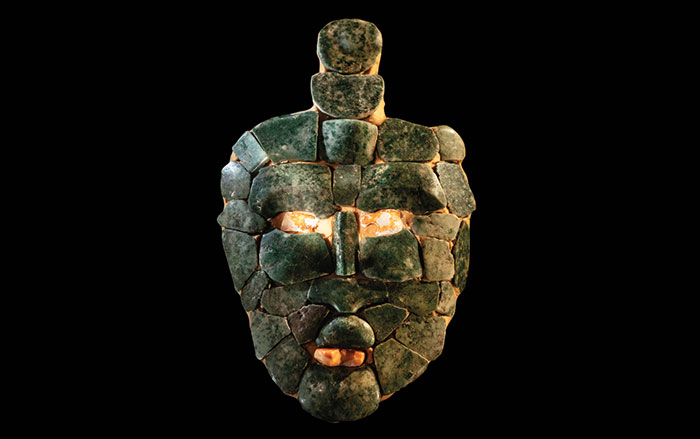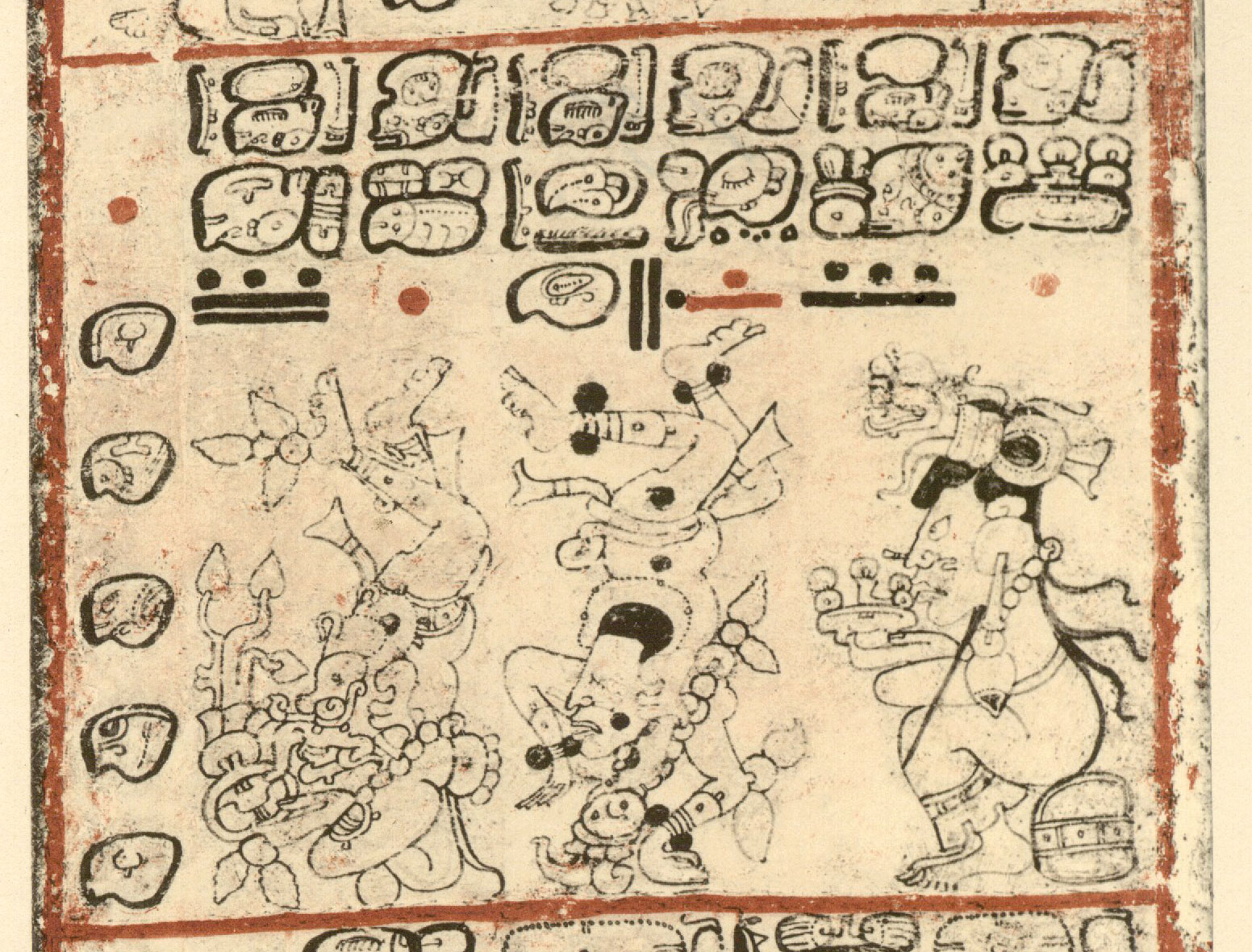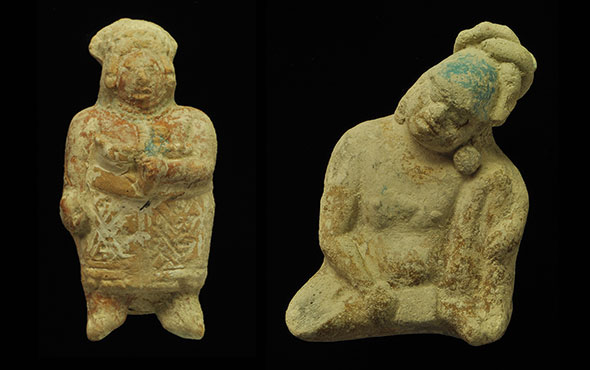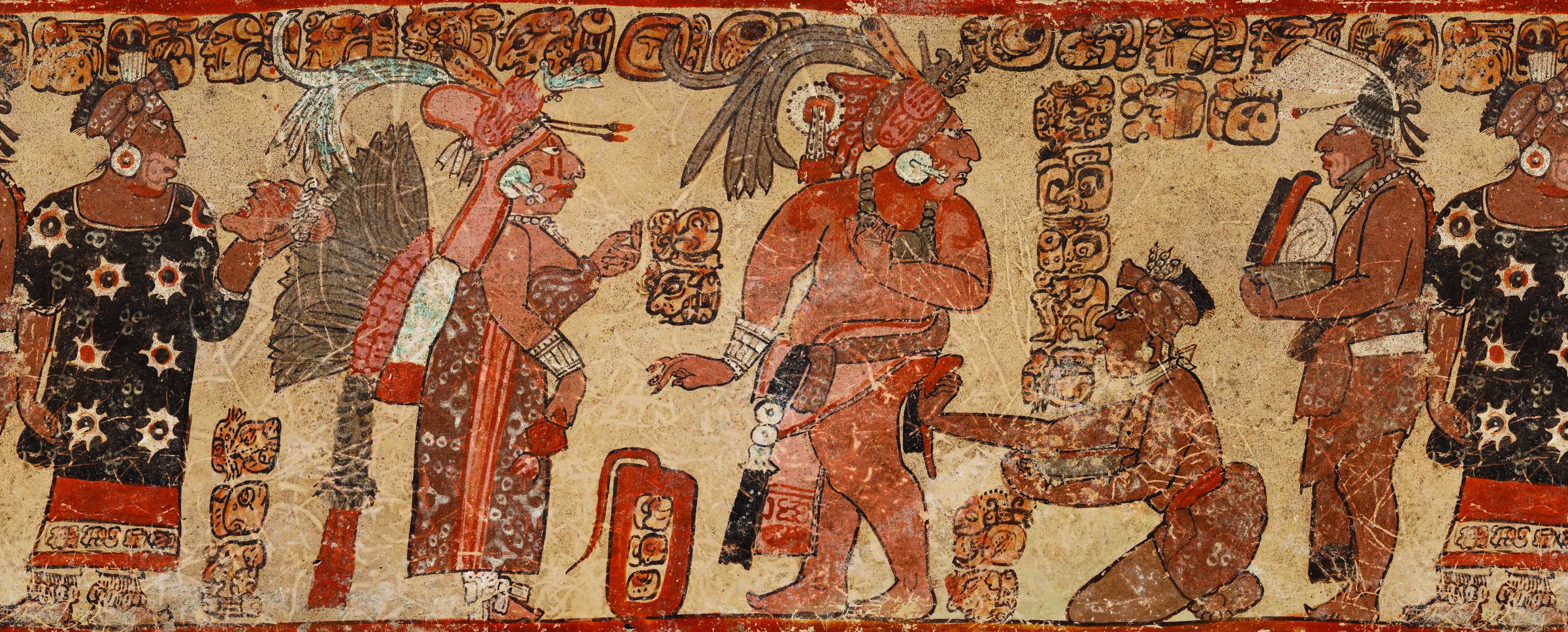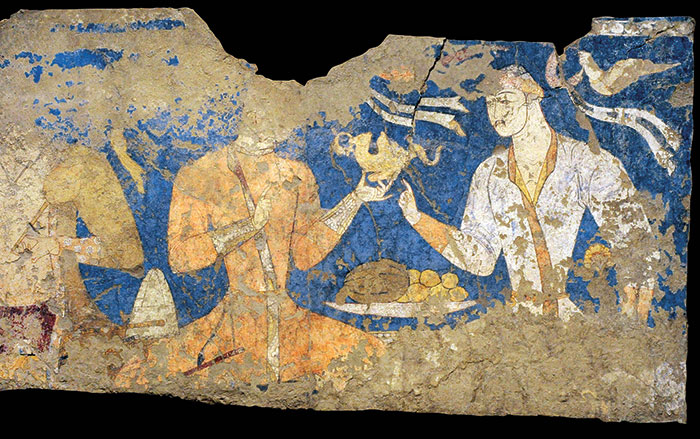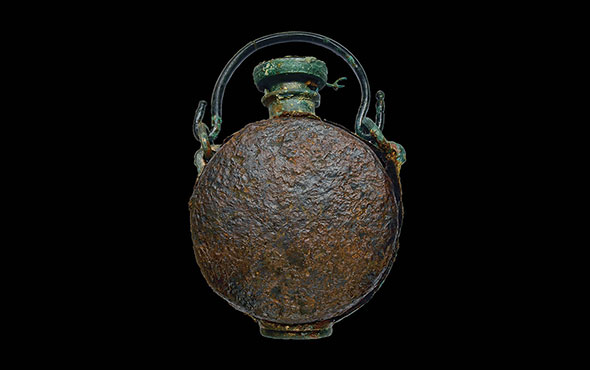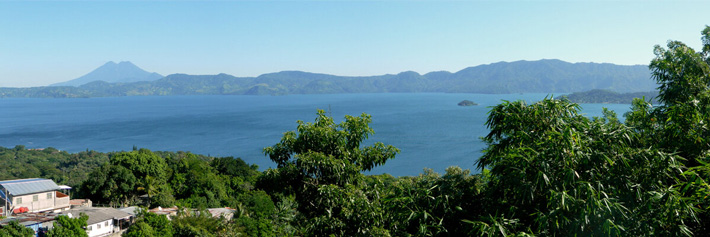
OXFORD, ENGLAND—According to a Gizmodo report, an international team of scientists including Victoria Smith of the University of Oxford and Dario Pedrazzi of Geosciences Barcelona–CSIC has pinpointed the date of the Tierra Blanca Joven volcanic eruption in El Salvador to A.D. 431, through the analysis of volcanic shards recovered from ice cores in Greenland, the levels of sulphur recorded in ice cores from Antarctica, and radiocarbon dating of a charred tree recovered from a layer of volcanic ash. The researchers also mapped ash deposits and bits of volcanic debris over an area of 77,220 square miles in order to create a simulation of the eruption. The model indicates that the volcano’s plume reached 28 miles high, covered much of Central America in ash, and spread ash all the way to Greenland. Smith, Pedrazzi, and their colleagues suggest that researchers look for the impact of the eruption on world events circa A.D. 431. They noted that the archaeological record of Maya ceramic production within 50 miles of the Ilopango caldera paused about 1,500 years ago, and resumed after a period of about 100 to 150 years. To read about how the Maya conceived of their place in the cosmos, go to "The Maya Sense of Time."


